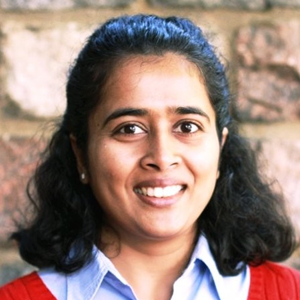
From receptor research to cancer drug development: The impact of RTKs
When Joseph Schlessinger was a grad student at the Weizmann Institute of Science in Israel, he was interested in biophysics.
“Then I realized that I wanted to study cells,” Schlessinger said, “so I did a postdoc at Cornell in the laboratories of Elliot Elson and the late Watt Webb where fluorescence correlation spectroscopy and photobleaching applications were developed to study receptor diffusion on cell membranes.”
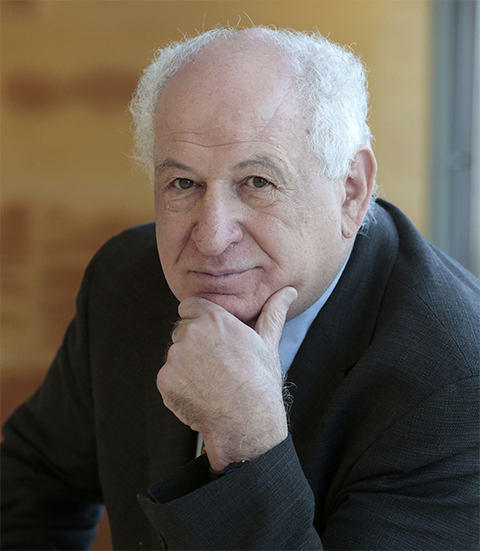
As he began to read about receptors, he found he was more interested in their biology than studying their motion.
“You can see, everything was sort of a relatively short-term plan, which turned out to be very productive in a way,” said Schlessinger, who now studies tyrosine phosphorylation, a mechanism for signal transduction in cells, and develops therapeutic drugs antagonizing the activity of tyrosine kinases in cancer and other diseases.
After stints at the Weizmann Institute and New York University, Schlessinger, who was born in former Yugoslavia at the end of World War II and moved to Israel as a child, joined the faculty at Yale University School of Medicine in 2001.
Schlessinger’s lab discovered how growth factor receptors with tyrosine kinase activity (receptor tyrosine kinases, or RTKs) are activated by dimerization and how they regulate cellular processes.
The lab’s studies provided the foundation to target cancer therapies against RTKs and downstream signaling intermediates, leading to the development of new cancer drugs.
Biotech companies founded by Schlessinger and collaborators have developed four Food and Drug Administration–approved cancer drugs among the 50 kinase inhibitors the lab developed for clinical use in treating cancer.
“In life, do not have a plan — just have fun learning new things,” Schlessinger said. “Throughout my career, I was just having fun with experiments. I think this makes it much more beautiful. I always go where the science takes me. And I always like to be ignorant of new topics I start letting science direct my research.”
For his work, the American Society for Biochemistry and Molecular Biology will present Schlessinger with the 2025 ASBMB Herbert Tabor Research Award for outstanding, innovative accomplishments in biological chemistry and molecular biology and contributions to the community of scientists.
Turning new cancer targets into drugs
Cancer cells can evade cell death signals. Cell communication involves signaling pathways and membrane receptors. Receptor tyrosine kinases, or RTKs, identified as transmembrane receptors for insulin and epidermal growth factor, promote cell survival and signaling. When genetic mutations or overexpression dysregulate protein tyrosine phosphatase activity, cancer develops.
As a result of this oncogenic addiction, receptors have become critical targets for several cancer therapeutics.
Joseph Schlessinger’s lab studies the transmembrane receptor family known as the RTKs.
“For the last 40 years, we have done everything possible to understand the mechanism of action of these receptors,” Schlessinger said. “We cloned, purified and solved their structures to pinpoint mutations blocking faulty signaling for structure-based drug design to treat cancers.”
Blocking RTK activation is a major strategy in developing anticancer drugs. Schlessinger and colleagues formed Sugen Inc. in 1991 and Plexxikon in 2001. Sugen’s drug Sutent for kidney and stomach cancers was approved by the FDA in 2006.
An experimental compound, PLX4032 by Plexxikon in partnership with Roche, is in clinical trials to compare its safety and effectiveness against the current standard treatment for melanoma and to find the highest dose that can be administered for colorectal cancer without causing severe side effects.
ASBMB 2025 award winners
Read profiles of all the society’s 2025 honorees who will receive their awards and give talks at the ASBMB Annual Meeting, April 12–15 in Chicago.
From receptor research to cancer drug development: The impact of RTKs
Joseph Schlessinger receives the ASBMB Herbert Tabor Research Award.
Computational and biophysical approaches to disordered proteins
Rohit Pappu receives the DeLano Award for Computational Biosciences.
Leading the charge for gender equity
Nicole Woitowich receives the ASBMB Emerging Leadership Award.
Helping underrepresented scientists feel seen
Benjamin Garcia receives the ASBMB Ruth Kirschstein Diversity in Science Award.
Transforming learning through innovation and collaboration
Neena Grover receives the William C. Rose Award for Exemplary Contributions to Education.
Curiosity turned a dietitian into a lipid scientist
Judy Storch receives the Avanti Award in Lipids.
Elucidating how chemotherapy induces neurotoxicity
Andre Nussenzweig receives the Bert and Natalie Vallee Award.
What seems dead may not be dead
Vincent Tagliabracci receives the Earl and Thressa Stadtman Distinguished Scientist Award.
'You can't afford to be 15 years behind the parasite'
David Fidock receives the Alice and C.C. Wang Award in Molecular Parasitology.
Guiding grocery carts to shape healthy habits
Robert Helsley receives the Walter A. Shaw Young Investigator in Lipid Research Award.
Enjoy reading ASBMB Today?
Become a member to receive the print edition four times a year and the digital edition monthly.
Learn moreGet the latest from ASBMB Today
Enter your email address, and we’ll send you a weekly email with recent articles, interviews and more.
Latest in People
People highlights or most popular articles
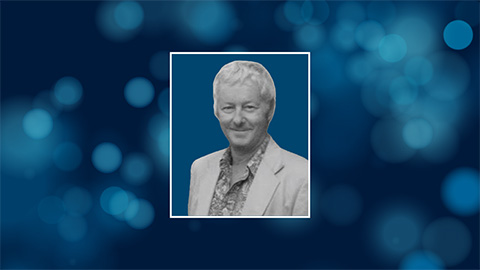
In memoriam: Michael J. Chamberlin
He discovered RNA polymerase and was an ASBMB member for nearly 60 years.
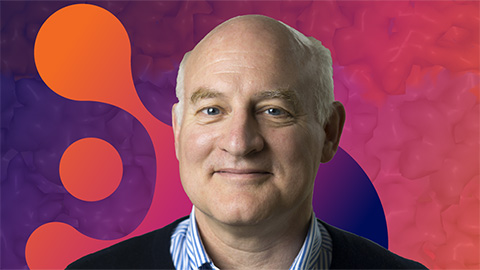
Building the blueprint to block HIV
Wesley Sundquist will present his work on the HIV capsid and revolutionary drug, Lenacapavir, at the ASBMB Annual Meeting, March 7–10, in Maryland.

In memoriam: Alan G. Goodridge
He made pioneering discoveries on lipid metabolism and was an ASBMB member since 1971.
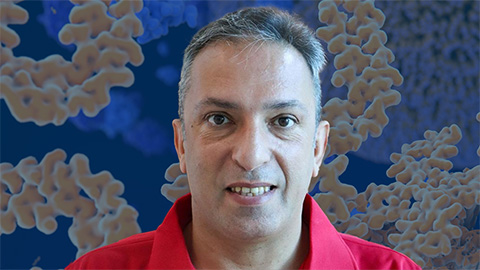
Alrubaye wins research and teaching awards
He was honored at the NACTA 2025 conference for the Educator Award and at the U of A State and National Awards reception for the Faculty Gold Medal.
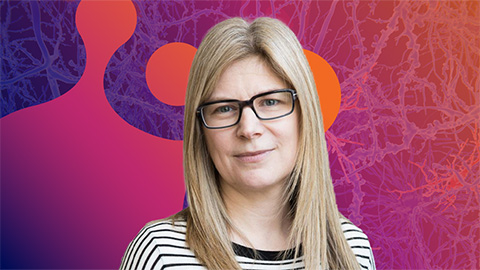
Designing life’s building blocks with AI
Tanja Kortemme, a professor at the University of California, San Francisco, will discuss her research using computational biology to engineer proteins at the 2026 ASBMB Annual Meeting.
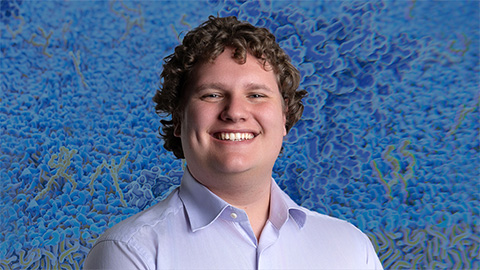
Jordahl named Gilliam Fellow
He will receive three years of funding to support his thesis research.

